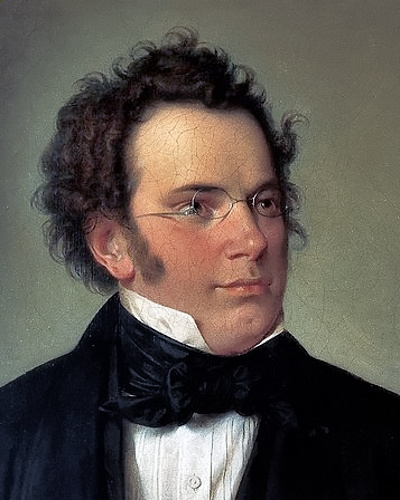Unclassified
Work on Schubert's Mass in G with Musichorus
The complete Messe en Sol is available in the Musichorus player. The initial Kyrie is available free of charge(listen here). The other movements are available by subscription, at a very affordable rate, depending on the size of your choir (see here).
As with all Musichorus recordings, the recordings are made with professional voices, and you can manage the presence and volume of each voice, change the tempo, and follow along with the scrolling score,
Here is an excerpt from the Kyrie:
and an extract from the Agnus Dei:

La Mass No. 2 in G major D.167 was composed by Franz Schubert in 1815.
This is the best-known of the three "short" masses composed by Schubert between the more elaborate First and Fifth Masses. The sixth and final mass, Deutsche Messe or German MassD.872, will be longer.
The second mass was composed in less than a week (2 to ) the year after he had successfully performed his first mass in his home parish. This mass was initially more modestly orchestrated than the first, with only a string orchestra and organ accompanying the choir and the soprano, tenor and baritone soloists. In the 1980s, however, a later arrangement of the mass was discovered in Klosterneuburg. This arrangement, in addition to containing several minor changes throughout the score that appear to represent Schubert's final vision of the work, includes trumpet and timpani parts. The score of this "final" version is published by Carus. Schubert's brother Ferdinand also wrote parts for woodwinds, brass and timpani, following the work's popular success.
The original score was not printed until 1845, after Schubert's death, and this mass remains one of Schubert's least-known works, to the extent that the first edition of the mass was usurped by Robert Führer (en), then music director of St. Vitus Cathedral in Prague, who ended up in prison for fraud.
Apart from a few passages by the soprano, the soloists' interventions are very modest. Characteristic of Schubert, he is more interested in the general devotional feeling of the composition than in individual Romantic expression (like Beethoven in his masses).

